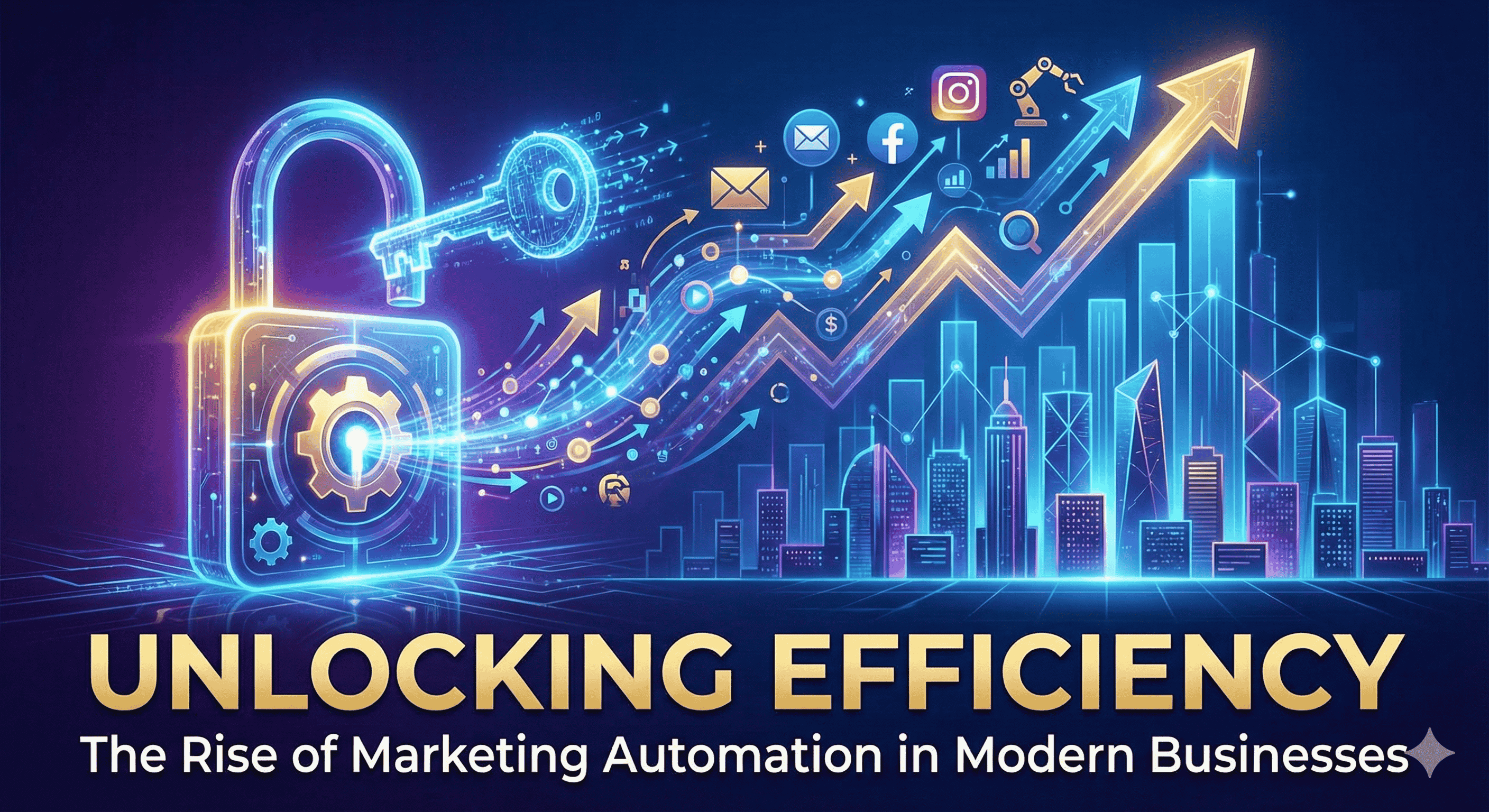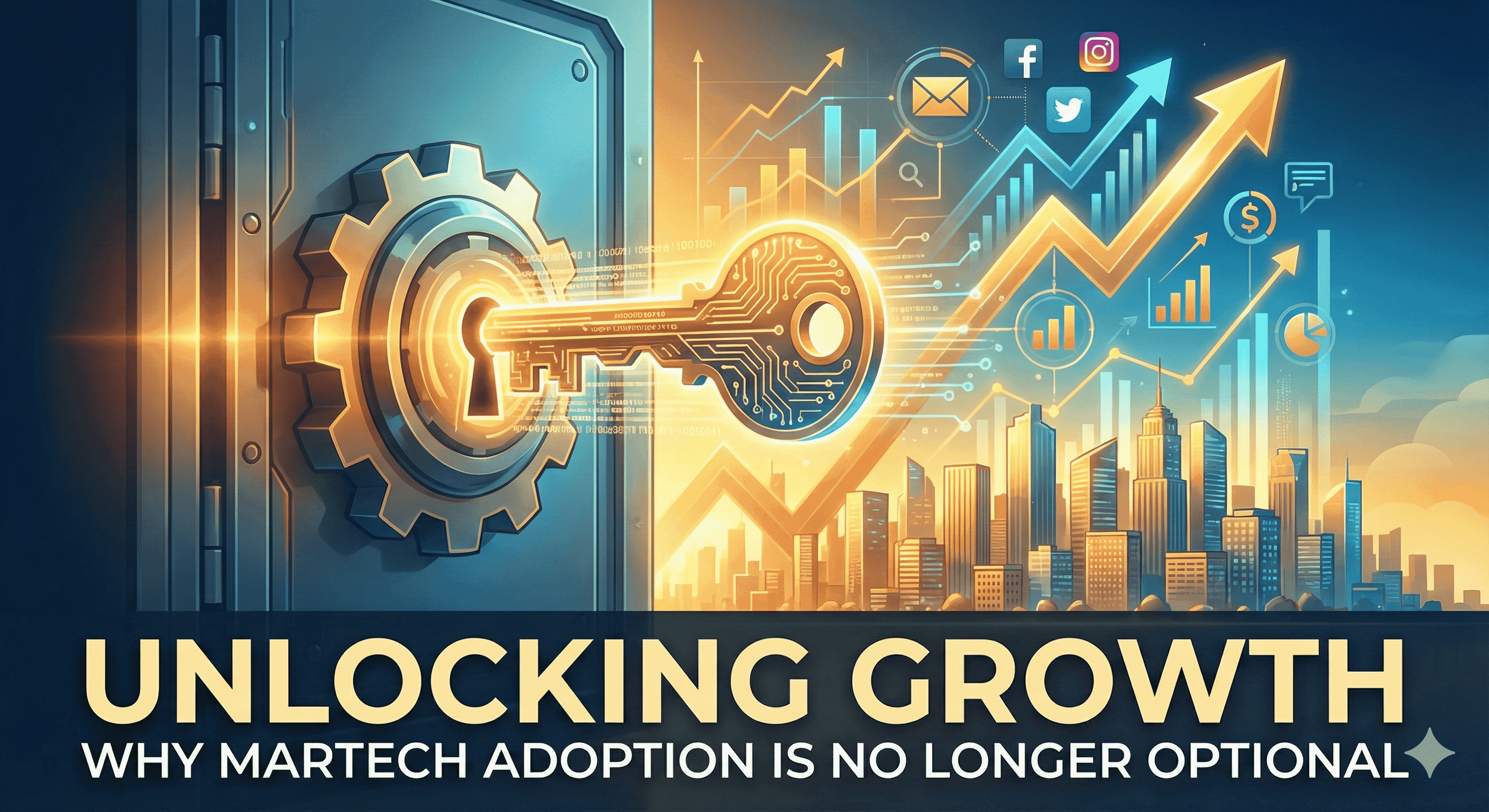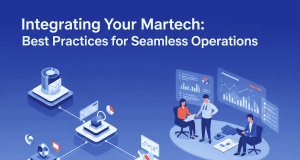In an era where digital transformation is the cornerstone of competitive advantage, marketing technology (martech) stands out as both a catalyst for innovation and a complex challenge for organizations. While buzzwords like "automation," "AI," and "data-driven" dominate discussions, the reality of martech implementation involves navigating a landscape filled with real challenges that can derail even the best strategies. Here are some of the core obstacles businesses face when implementing martech solutions, along with insights on how to overcome them.
1. Integration Issues
The Challenge
One of the most significant barriers to successful martech implementation is the integration of new tools with existing systems. With many organizations employing a mix of legacy systems and new technologies, achieving seamless connectivity can be daunting.
Solutions
- Assessment: Before selecting a new martech platform, conduct a thorough audit of existing tools. Identify the ones that can be retained and those that must be replaced for seamless integration.
- APIs and Middleware: Utilize Application Programming Interfaces (APIs) and middleware solutions to facilitate communication between disparate systems.
- Vendor Compatibility: Opt for martech solutions known for their compatibility with other popular tools within your tech stack.
2. Data Silos
The Challenge
Data silos occur when information is isolated within different departments or systems, preventing organizations from obtaining a holistic view of customer interactions. This fragmentation can lead to inconsistencies and missed opportunities.
Solutions
- Centralized Data Management: Implement a centralized data management strategy that encourages data sharing across departments.
- Unified Customer Profiles: Develop unified customer profiles that aggregate data from various sources to ensure a comprehensive understanding of customer journeys.
- Cross-Department Collaboration: Foster a culture of collaboration among marketing, sales, and IT teams to encourage data sharing.
3. Change Management
The Challenge
Adopting new martech solutions often requires a shift in organizational culture. Employees may resist changes to established processes, fearing the loss of job security or questioning the efficacy of new tools.
Solutions
- Training and Education: Provide robust training programs that not only teach employees how to use new tools but also highlight their benefits.
- Change Champions: Designate advocates within the organization who can lead by example, demonstrating the value of the new technology.
- Incremental Implementation: Roll out new technologies incrementally. This allows employees to adapt gradually and reduces overwhelm.
4. Crafting a Clear Strategy
The Challenge
Many organizations plunge headfirst into martech implementation without a well-defined strategy, often leading to misaligned efforts and wasted resources.
Solutions
- Define Objectives: Clearly outline what you hope to achieve with your martech stack. Are you looking to enhance customer engagement, improve lead generation, or boost conversion rates?
- Establish KPIs: Develop key performance indicators (KPIs) that are directly tied to your objectives. This will help you measure the success of the implementation.
- Iterative Approach: Adopt an iterative approach, frequently revisiting and adjusting your strategy based on performance data and internal feedback.
5. Budget Constraints
The Challenge
Budget limitations can severely restrict the scope of martech implementation, forcing organizations to make compromises that can undermine effectiveness.
Solutions
- Cost-Benefit Analysis: Conduct a thorough cost-benefit analysis before investing in new tools. Understand the potential returns on investment to justify the budget.
- Prioritize Needs: Focus on implementing the most critical solutions first, rather than trying to adopt an entire martech stack at once.
- Explore Alternatives: Consider open-source or lower-cost solutions that may meet your needs without overextending your budget.
6. Keeping Up with Evolving Technology
The Challenge
The martech landscape is rapidly evolving, with new tools and trends emerging constantly. Staying current can feel like a Sisyphean task.
Solutions
- Continuous Learning: Invest in continuous learning and development for your marketing team to keep abreast of new technologies and trends.
- Networking: Participate in industry events and communities to learn from peers and stay updated on best practices.
- Agility: Foster a culture of agility within your organization, encouraging teams to be flexible and open to adopting new technologies as they arise.
Conclusion
Implementing martech solutions is undoubtedly complex, but understanding and addressing these real challenges can drastically improve your chances of success. By focusing on integration, data management, change management, strategic clarity, budget considerations, and continuous learning, organizations can navigate beyond the buzzwords and realize the substantial benefits that an effective martech stack can offer. Embrace the journey, and prepare to transform your marketing efforts for the digital age.








